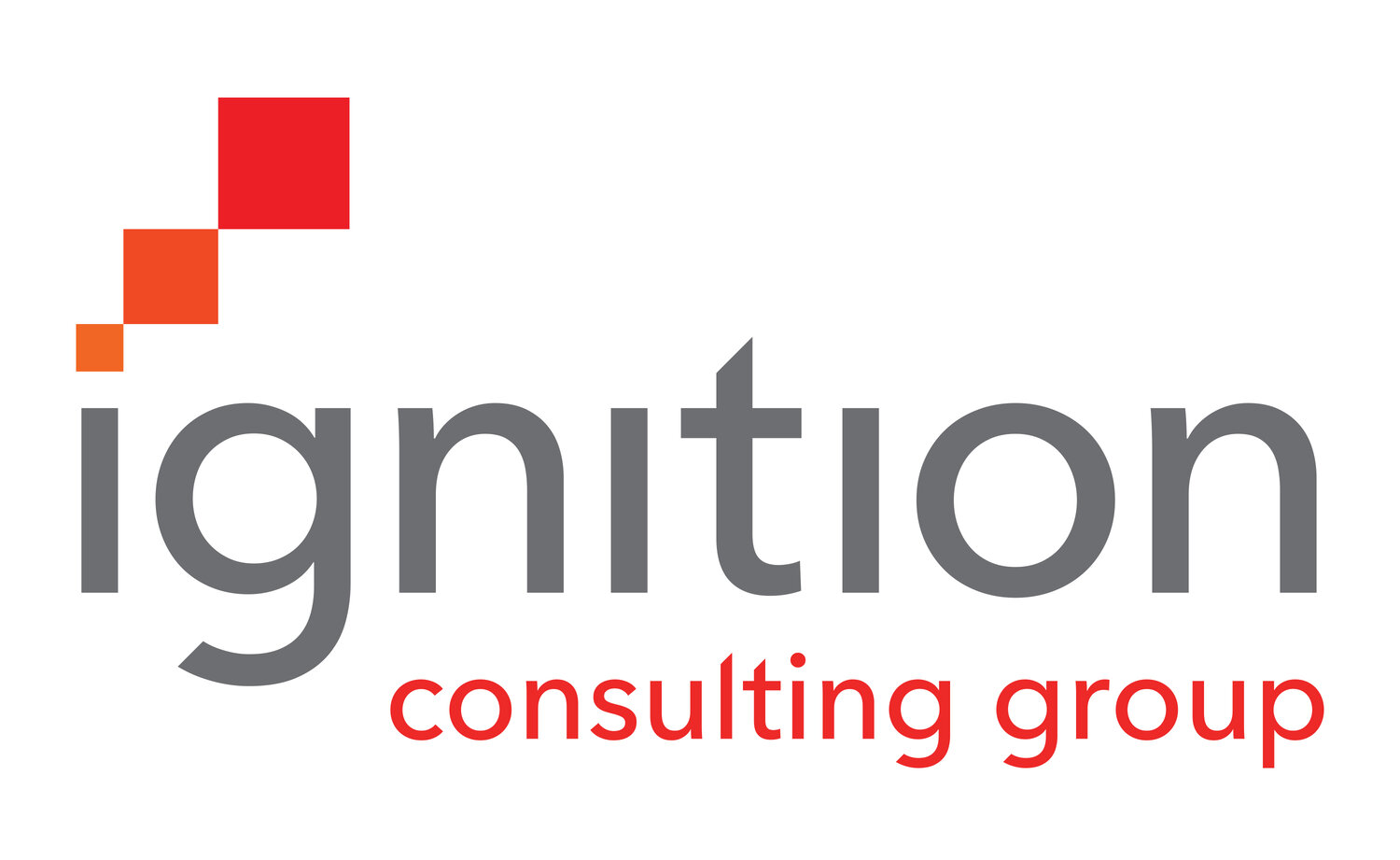The Best Way to Reduce Your Organizational Overhead
By Tim Williams
Most businesses start out with a fairly simple business model. As time goes on, they add new services and capabilities and extend out to new markets. Some of this diversification is strategic and deliberate, but most of the time companies start sprawling in ways they never intended.
Why? Mostly we unconsciously imitate what competitors do. If other firms do it, we reason we should too. Anthropologists say that our propensity to copy is our deepest and most ancient survival mechanism. Advertising professional Mark Earls and his colleagues prove this point pretty conclusively in their fascinating book on social behavior, “I’ll Have What She’s Having.”
While copying might have served us well in the early stages of human society (what to eat, how to hunt), it does not serve us well in the business world. By continually duplicating the business models of others, we add layers of complexity to our organizations that sap our energy, blur our focus, and erode our profit margins.
When agencies submit their listing to the Redbooks advertising database (formerly known as The Standard Directory of Advertising Agencies), of the nearly 100 “areas of specialization” available, most agencies claim nearly half of them. Apparently these agencies want us to believe that they are experts in cosmetics and Hispanic marketing and aviation and food service and … fill the blanks with 40 more “areas of specialization.”
By attempting to be good at everything, we risk being truly excellent at nothing. Worse, this kind of complexity drags our firms down with a form of “organizational overhead” that directly affects the financial health of the company and the emotional health of our employees.
Agencies and Self-Confidence
The most destructive manifestation of unfettered, unfocused diversification is that it severely erodes the self-confidence of the organization. Rather than building on its strengths and doing what it does best, the agency is chronically distracted by every opportunity that floats by and wastes its financial and intellectual capital chasing clients that are not a good match. Associates are then disappointed that the agency increasingly “comes in second” in new business pitches.
Comments like these — borrowed anonymously from one of the recent surveys Ignition did with a notable agency – illustrate the destructive effects of lack of focus:
The lesson from this past year is that pitching more does not translate to winning more. We would have a stronger win rate if we were more selective. We would also have more confidence in new business, which is something we really lack.
It seems like we are throwing a lot of stuff at a wall and hoping for something to stick. It would be more effective to rest our team and wait for the right opportunities and then go for. This past year was exhausting in many ways.
Right now we have no strategy. We don’t know what we stand for.
We waste time and resources going after accounts that we have no chance of winning, which is extremely frustrating for the teams involved. It truly feels like we just pitch anything we receive an RFP for.
It’s no coincidence that the most focused firms have the strongest win ratios. More and more I hear from agencies emerging from a review process that “We lost to the specialist agency.” That’s because what clients really buy is expertise. And no agency can be expert in everything.


